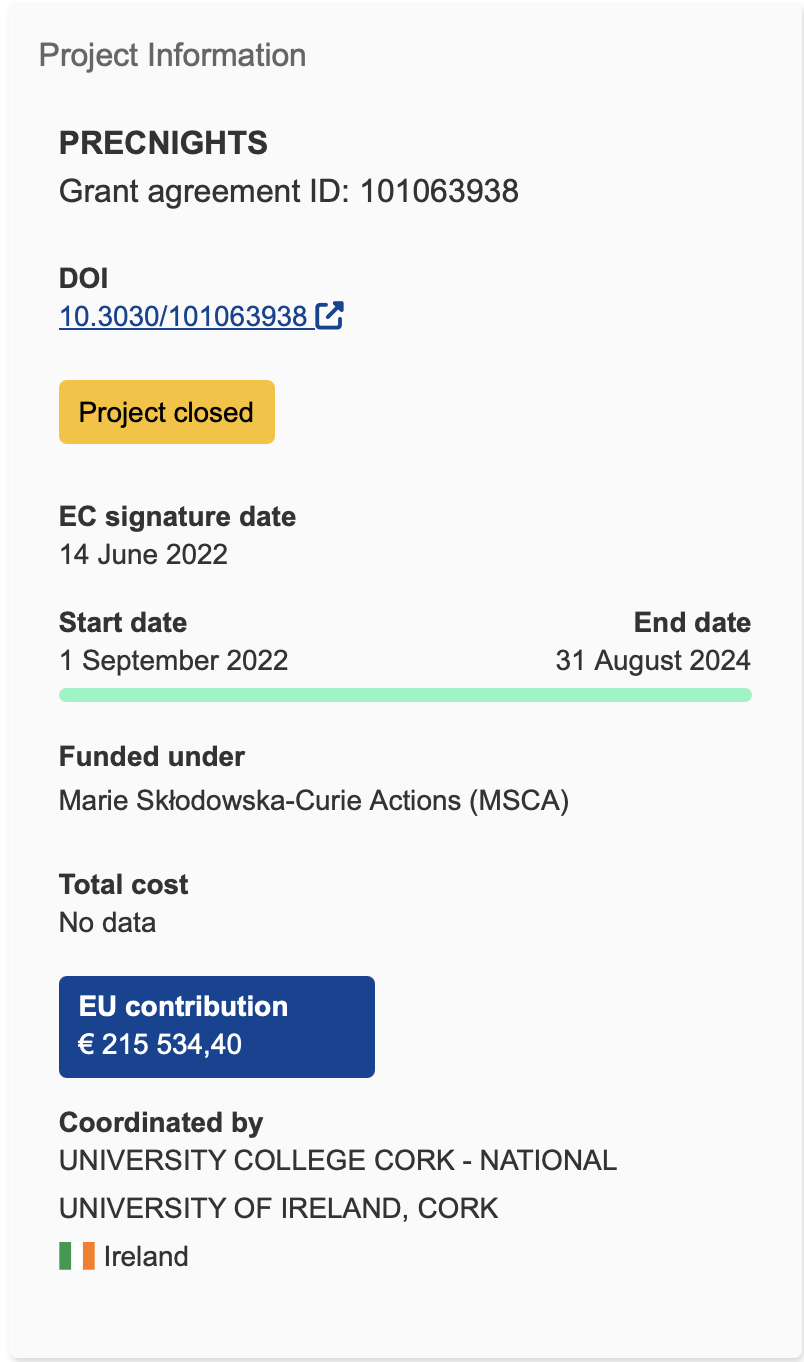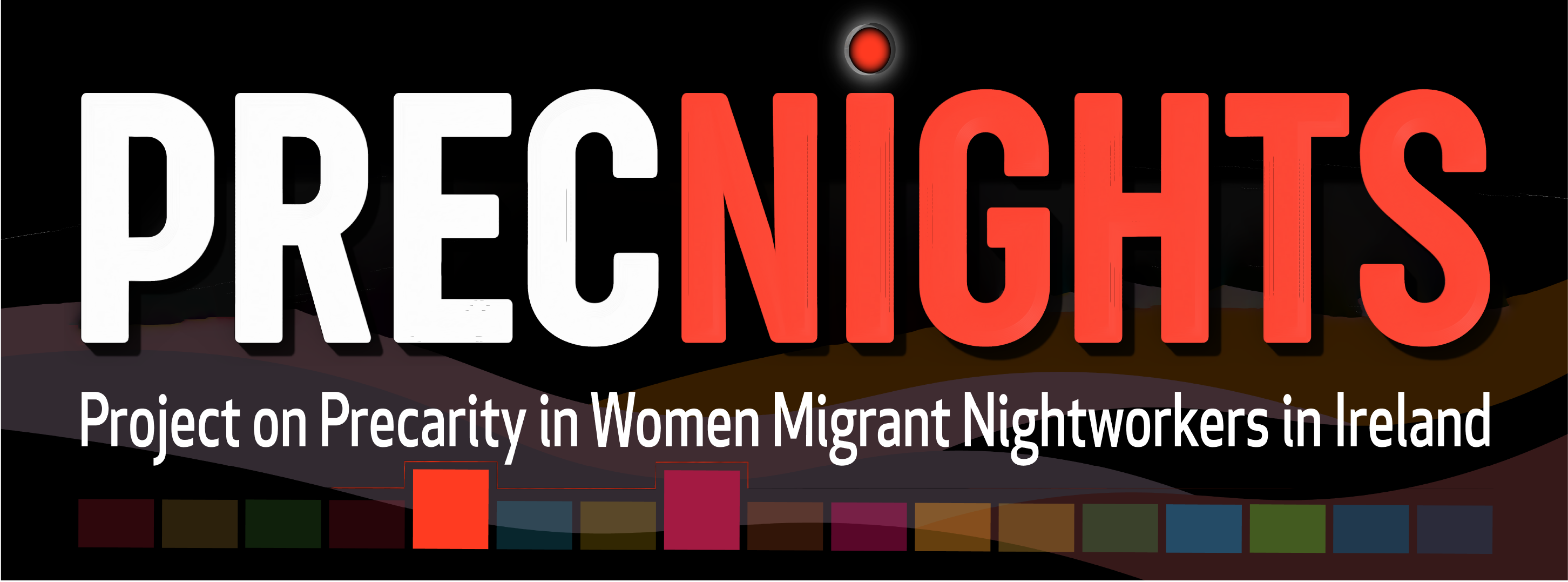News and Highlights
CORDIS Pick Results in Brief: The plight of migrant women nightworkers in the Irish night-time economy

While local authorities and industry associations increase efforts to manage night-time economies, nightworkers, especially women, still experience significant health risks, inequality and exclusion. “In Ireland, women migrant nightworkers, usually in precarious employment, are not prioritised; even by Night-Time Economy Taskforces supporting the food and drinks, accommodation and leisure sectors, where many of these women work,” says Julius-Cezar MacQuarie, researcher from the Marie Skłodowska-Curie Actionssupported PRECNIGHTS project, hosted by University College Cork, Ireland. PRECNIGHTS builds on previous research by MacQuarie in London, with Ireland chosen due to its plans to expand the country’s night-time economy. According to MacQuarie: “In 2020, 19 % of the EU’s workforce did shift work, of which 21 % were night shifts. In Ireland, COVID-19 affected migrant night shift workers more than any other group, impacting women particularly and compounding their ‘invisibility’, compared to male counterparts and locals.”
‘Nightnography’ in action
While there has been research on the advancing 24-hour society and its impacts, according to MacQuarie, it has “offered limited understanding about the paradoxical reality of migrants, who are both essential, yet marginalised in urban settings.”
For more on this story contact:
A CORDIS News Publication with input from JULIUS-CEZAR MACQUARIE | University College Cork | Ireland.
Acknowledgement
Many thanks to Alan Hodgson and Dr Caitríona Ní Laoire for the comments on previous drafts.


